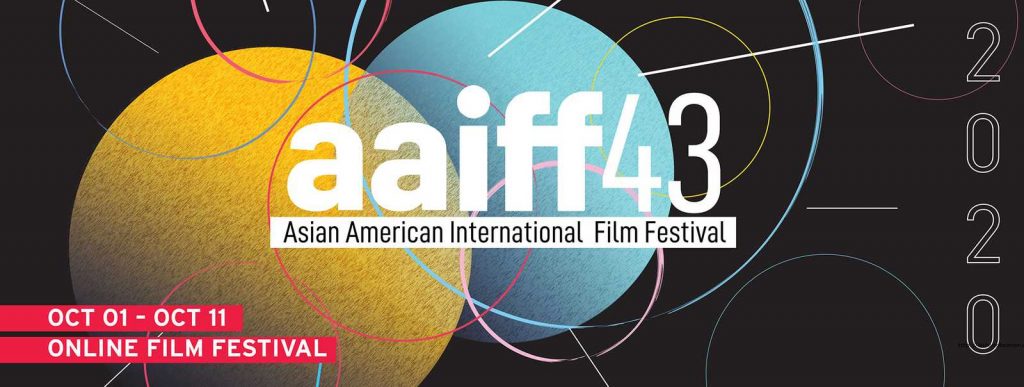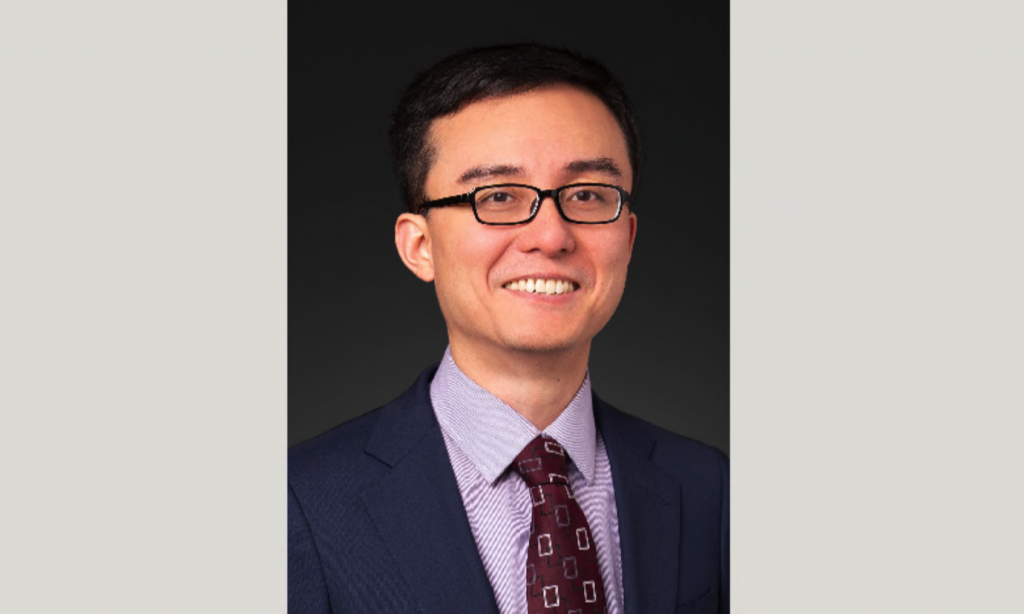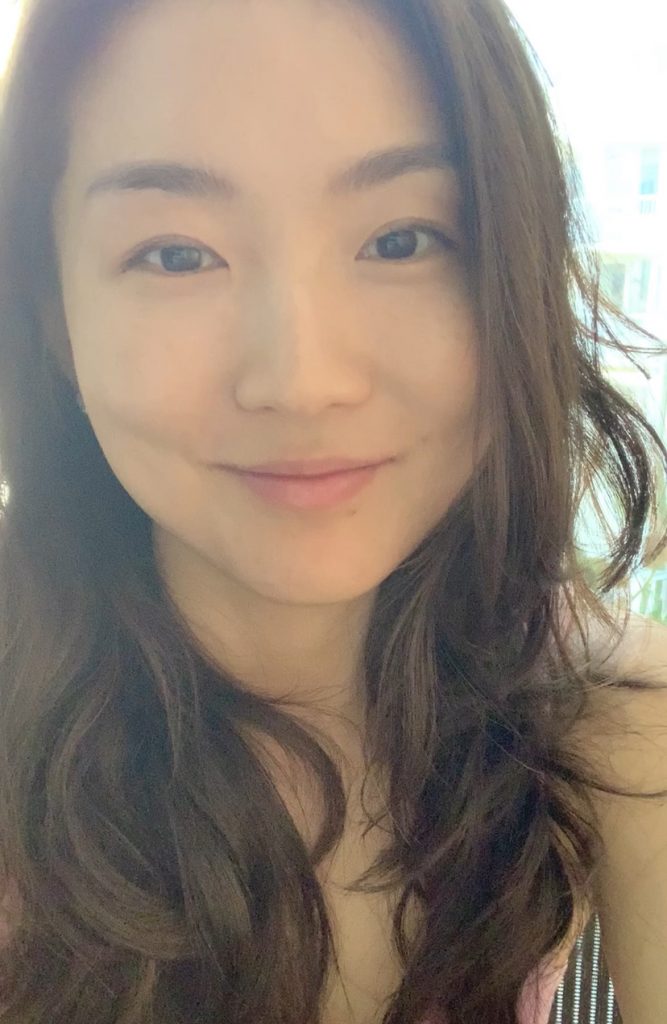On September 3, 2020, the National Asian Pacific American Bar Association (NAPABA) announced its 2020 award winners.
AABANY congratulates the following:
Daniel K. Inouye Trailblazer Award Recipients:
Glenn D. Magpantay, Executive Director of the National Queer Asian Pacific Islander Alliance
Mari Matsuda, Professor of Law at the University of Hawaii
The Honorable Rosa Peng Mroz, Judge of the Maricopa County Superior Court in the State of Arizona
L. Song Richardson, Dean and Chancellor’s Professor of Law at the University of California
Eric Yamato, Fred T. Korematsu Professor of Law and Social Justice at the University of Hawaii
Affiliate of the Year Award Recipient:
Filipino Bar Association of Northern California (FBANC)
APA-Owned Law Firm Award Recipient:
Goldstein, Borgen, Dardarian & Ho
Law Firm Diversity Award Recipient:
Littler Mendelson P.C.
Best Under 40 Award Recipients:
Jasmeet Kaur Ahuja, Senior Associate at Hogan Lovells US LLP
Kristin Asai, Partner at Holland & Knight LLP
Thy B. Bui, Partner at Constangy, Brooks, Smith & Prophete LLP
Vicki Chou, Of Counsel at Hueston Hennigan LLP
Pankit Doshi, Partner at McDermott Will & Emery LLP
Benjamin H. Huh, Legal Counsel at Apple Inc.
Sofia Jeong, Associate General Counsel of IP Legal at Facebook, Inc.
Robin Jung, Senior Attorney of Litigation at Dykema Gossett LLP
Naephil “Naf” Kwun, Partner at Lee Anav Chung White Kim Ruger & Richter LLP
Erica Lai, Antitrust & Commercial Litigation Counsel at Cohen & Gresser LLP
Bonnie Lau, Litigation Partner at Morrison & Foerster LLP
Rotsen “Chinny” Law, Attorney at The Ramos Law Firm
Mark L. Legaspi, Associate General Counsel and Director of Corporate Strategy, M&A, Investments and Emerging Technologies at Intel Corporation
Abigail Rivamonte Mesa, Chief of Staff at Office of Supervisor Matt Haney, District 6
Lisa Kim Anh Nguyen, Partner at Latham & Watkins LLP
Phi Nguyen, Litigation Director at Asian Americans Advancing Justice – Atlanta
Philip Nulud, Senior Counsel at Buchalter
Judge Rizza O’Connor, Chief Magistrate Judge at Magistrate Court, Toombs County, Lyons, Georgia
Candice Wong, Acting Deputy Assistant Attorney General & Chief of Staff of U.S. Department of Justice – Criminal Division
Maya Yamazaki, Partner at Davis Wright Tremaine LLP
Women’s Leadership Award Recipient:
Sandra Yamate, Chief Executive Officer at Institute for Inclusion in the Legal Profession
Military and Veteran Service Award Recipient:
Colonel Kay K. Wakatake, U.S. Army Judge Advocate General’s Corps
Pro Bono Award Recipient:
Alice Hsu, Partner at Akin Gump Strauss Hauer & Feld LLP
Karen Kithan Yau, Of Counsel at Kakalec Law LLP
AABANY congratulates its members who were honored by NAPABA:
Glenn Magpantay, Daniel K. Inouye Trailblazer Award
Naf Kwun, Best Under 40 Award
Alice Hsu, Pro Bono Award
Karen Yau, Pro Bono Award
AABANY also congratulates Littler, an AABANY Silver Sponsor, on receiving the Law Firm Diversity Award.
All these award winners will be recognized during the month of October on NAPABA social media channels. Follow NAPABA’s Facebook and LinkedIn to hear the winners give their acceptance speeches and more!




